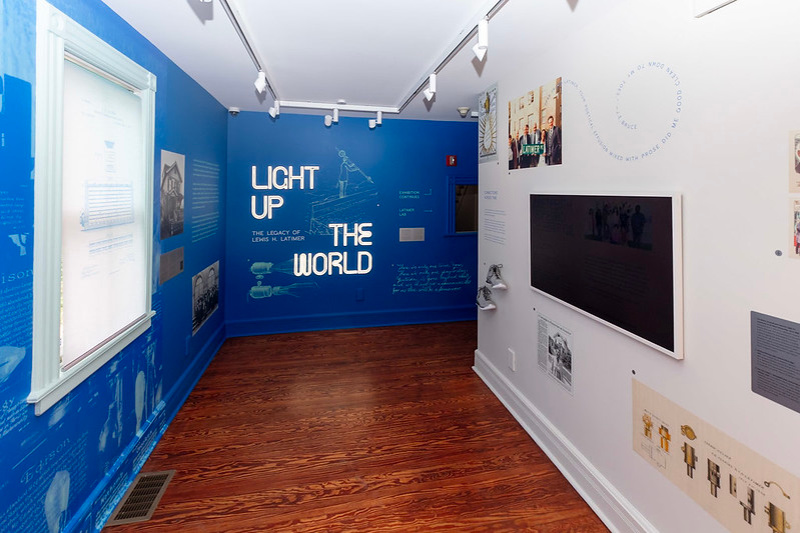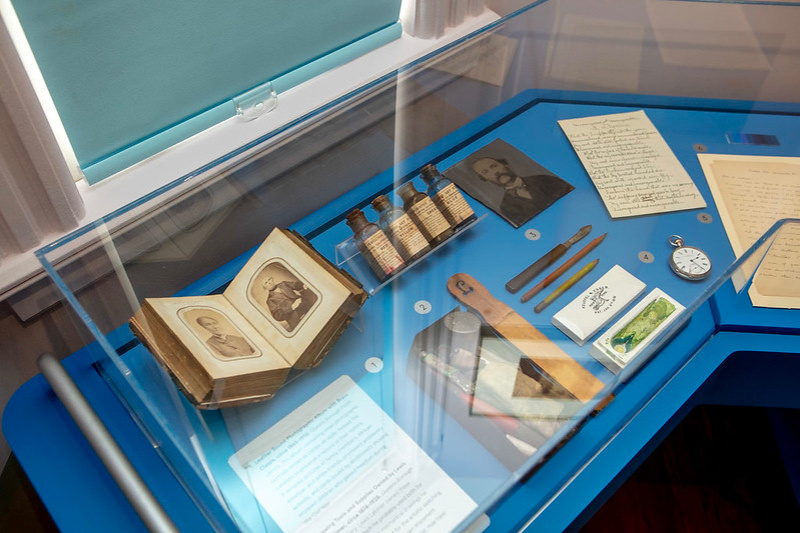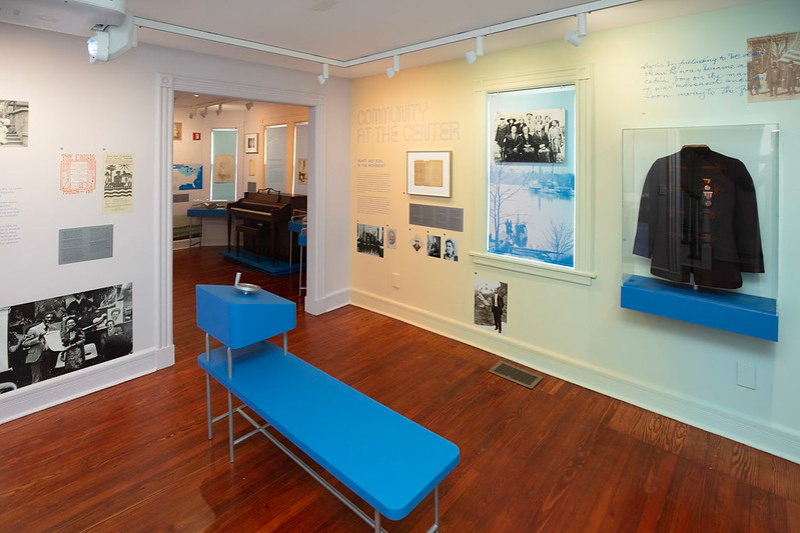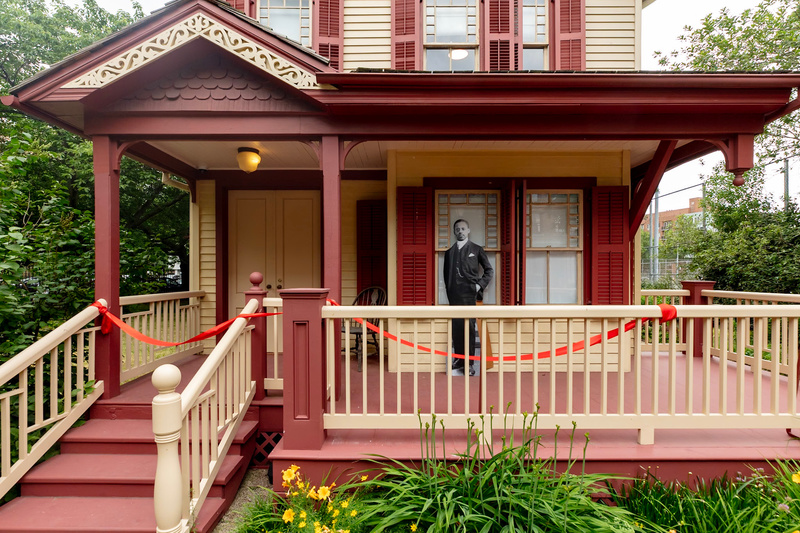Last Chance to Catch NYC's Holiday Notalgia Train
We met the voices of the NYC subway on our nostalgia ride this weekend!

Explore five new galleries inside the historic home of Black inventor Lews H. Latimer, just in time for Juneteenth!

Lewis H. Latimer should come to mind just as quickly as Thomas Edison or Alexander Graham Bell when thinking of inventors who left a lasting impact on society. Despite having no formal education, Latimer became a chief draftsman, patent expert, and inventor with seven of his own patented inventions. He made contributions to the development of innovations like the light bulb, telephone, and air conditioning—technologies we’d be hard-pressed to live without today.
Latimer lived in a Victorian home in Flushing, Queens for the last twenty-five years of his life. After months of renovation, The Lewis Latimer House Museum (LLHM) has reopened just in time for Juneteenth. The historic 19th-century structure now houses five updated galleries that tell of Latimer’s life as an inventor, artist, and creative writer through interactive and tech-forward displays.

The first gallery visitors enter is called Light Up the World. This space explores Latimer’s legacy on technology, culture, and our daily lives. As a draftsman at a Boston patent office in the 1870s, Latimer worked alongside Alexander Graham Bell to create a more efficient transmitter and was instrumental in securing a patent for Bell’s telephone. Later, Latimer worked in the labs of Hiram S. Maxim and Thomas Edison where he made improvements to the carbon filaments of incandescent light bulbs.
In the Latimer Lab, young visitors can take part in a range of STEAM activities. This space carries on Latimer’s dedication to education. In life, he taught English and mechanical drawing to immigrants at the Henry Street Settlement. Moving into the third gallery, A Definite Purpose, visitors will learn how Latimer overcame the challenges of discrimination to forge a career in science.

Next, visitors will get to know Latimer’s family. A Legacy of Imagination tells of his parent’s struggle for freedom. Born into slavery in Virginia, Latimer’s parents were self-liberated. After the Civil War, Latimer married Mary Wilson and the pair had two daughters. This gallery also explores his daughters’ contributions to the Civil Rights movement.
The final gallery space, Community at the Center, highlights Latimer’s involvement in the wider African American community. He was heavily involved with the Unitarian Church and, as a veteran of the Union Navy, Civil War veteran groups like the Grand Army of the Republic. Outside of the sciences, Latimer also wrote poems and plays, played music, and was involved in the proliferation of Black art in the 1920s known as the Harlem Renaissance.

“The museum’s newest offerings reflect Latimer’s commitment to collaboration and how embracing diversity can propel society forward,” Executive Director Ran Yan shared in a press release following the house museum’s grand reopening celebrations on June 15th.
The Lewis H. Latimer House Museum will operate with extended summer hours. In addition to its regular hours, visitors can explore the newly revamped museum on Fridays, Saturdays, and Sundays from 11 a.m. to 5 p.m. Admission is pay what you wish with a suggested donation of $5 per person.

Next, check out more Historic NYC Homes Converted Into Museums
Subscribe to our newsletter